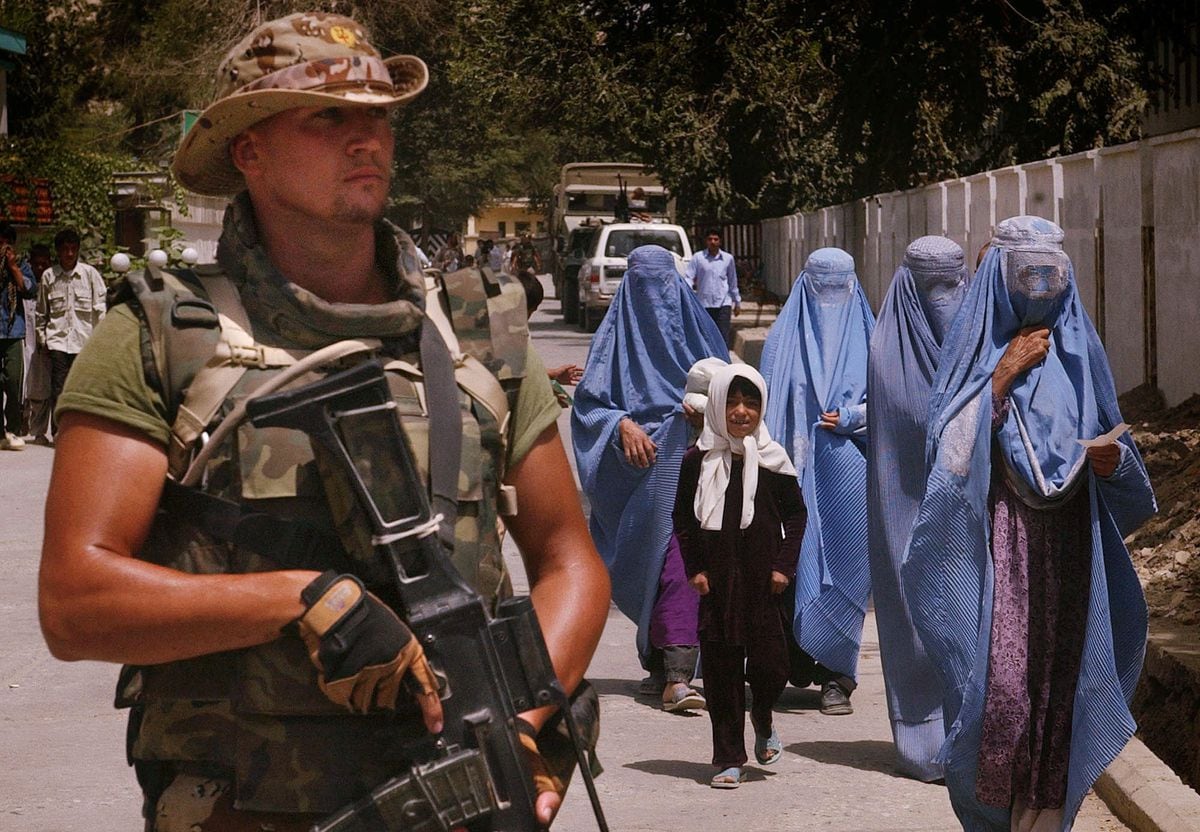Enlarge image
Lunch in the "House of Flowers": "The children can play here, they have space and protection"
Photo:
Alessio Mamo
When the House of Flowers first opened its doors to the children of Kabul who had lost their parents in the war, three girls came to the gate.
They stood there at the entrance, accompanied by their father.
The mother was dead. It was 2002, a few months after the war in Afghanistan began.
Fatima, one of the sisters, is still there today, almost 20 years later and as an adult woman.
As a teacher for today's orphans.
Fatima says she feels most comfortable where she has found a new home.
The House of Flowers in the Afghan capital is an orphanage with an attached school.
It is the only Montessori school in the country.
Canadian Montessori educator Allison Lide and her husband Mostafa Vaziri, a doctor, founded the facility 20 years ago.
About 30 children live there, from toddlers to teenagers.
When they are 18, they move out at the latest.
Most of them lost their mothers and fathers to Taliban attacks.
Enlarge image
Fatima, in her mid-30s, on the far right of the picture, came to the House of Flowers in 2002 as a half-orphan.
She and her sisters were the first to be cared for at the facility.
Today she is back - as an English teacher
Photo: Alessio Mamo
During a phone call, Lide remembers the early years, how malnourished, traumatized, and silent children arrived here.
And how after four or six weeks they began to relax, to relax, to smile at some point.
"The children can play here, they have space and protection," says Lide.
»We make a lot of music, art and the children are given responsibility for small things in the house.
So the trauma slowly fades.
The children learn what they are capable of.
You become resilient. "
"These people are always surrounded by danger."
Photographer Alessio Mamo
Italian photographer Alessio Mamo visited the House of Flowers in 2019. At a time when suicide bombings in the city were picking up again.
The special thing about the facility is that it is a »place of peace«, according to Mamo.
Children from different religious and ethnic groups learn and live together here.
Boys and girls are only housed in separate dormitories for sleeping.
“The teachers want to lay the foundation for another Afghanistan.
One that is not riddled with arguments and struggles, «says Mamo.
A new generation should grow up who understand how nice it is to be different and who believe in the idea that you can still live together peacefully.
Enlarge image
View of Kabul: Will the Taliban storm the capital if the international troops are withdrawn?
Photo: Alessio Mamo
In the corona crisis, the facility had to close for a few months by order of the government, and the children were temporarily sent to relatives or carers in the city.
The house has been open again since last autumn - the children are being looked after and schooled again.
However, nobody is currently allowed to stay overnight.
In the mornings, the little ones are usually at the gate at seven o'clock, even though classes don't start until eight o'clock, says Allison Lide.
Mamo says that the research period was associated with a lot of psychological stress for him.
As a photographer, he wanted to experience and understand as much of everyday life as possible.
"But someone kept saying to me, 'Don't go here, don't go there, don't go to the market, don't go outside after a certain time.'" The people in Kabul wanted to protect him from the dangers in the city: exploding car bombs, suicide bombings.
Things that the residents have to live with.
"These people are always surrounded by danger," he says.
Enlarge image
Allison Lide (left) founded the Montessori facility in 2002.
She is now setting up a similar facility in Casablanca, Morocco
Photo:
MEPO
Alessio Mamo and Allison Lide both say that the caretakers at the House of Flowers were concerned about the future in their country if the international troops withdraw in the fall and leave Afghanistan to its own devices.
Just a few days ago, 85 people, most of them schoolgirls, died in an attack on a school in Kabul.
Will the Taliban storm Kabul when NATO is gone?
Will more children lose their parents again?
What will happen to the orphanage then?
Will all the successes be turned back then?
And what will become of the many women who work in the facility - will they still be able to do that in the future?
There are no answers to that, just Allison Lide's resolution: “We focus on the things we can influence.
Not what we cannot influence.
We will be there for the children who need us. "
In the photo gallery you can find out more about the House of Flowers:
This contribution is part of the Global Society project
Expand areaWhat is the Global Society project?
Under the title Global Society, reporters from
Asia, Africa, Latin America and Europe
report on injustices in a globalized world, socio-political challenges and sustainable development.
The reports, analyzes, photo series, videos and podcasts appear in the international section of SPIEGEL.
The project is long-term and will be supported by the Bill & Melinda Gates Foundation (BMGF) for three years.
A detailed FAQ with questions and answers about the project can be found here.
AreaWhat does the funding look like in concrete terms?
The Bill & Melinda Gates Foundation (BMGF) is supporting the project for three years with a total of around 2.3 million euros.
Are the journalistic content independent of the foundation?
Yes.
The editorial content is created without the influence of the Gates Foundation.
Do other media have similar projects?
Yes.
Big European media like "The Guardian" and "El País" have set up similar sections on their news sites with "Global Development" and "Planeta Futuro" with the support of the Gates Foundation.
Have there already been similar projects at SPIEGEL?
In recent years, SPIEGEL has already implemented two projects with the European Journalism Center (EJC) and the support of the Bill & Melinda Gates Foundation: The "Expedition The Day After Tomorrow" on global sustainability goals and the journalistic refugee project "The New Arrivals", as part of this several award-winning multimedia reports on the topics of migration and flight have been produced.
Where can I find all publications on global society?
The pieces can be found at SPIEGEL on the topic Global Society.


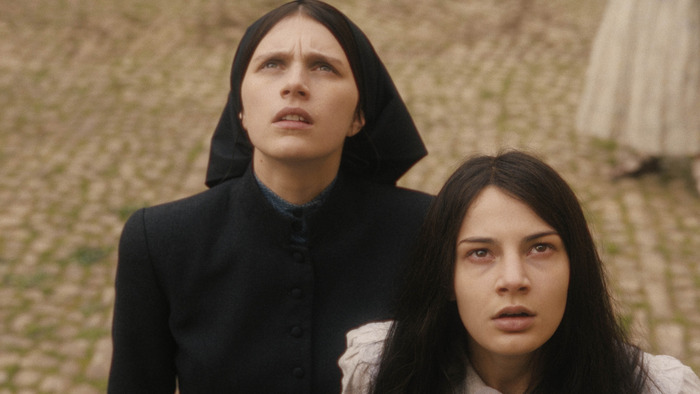


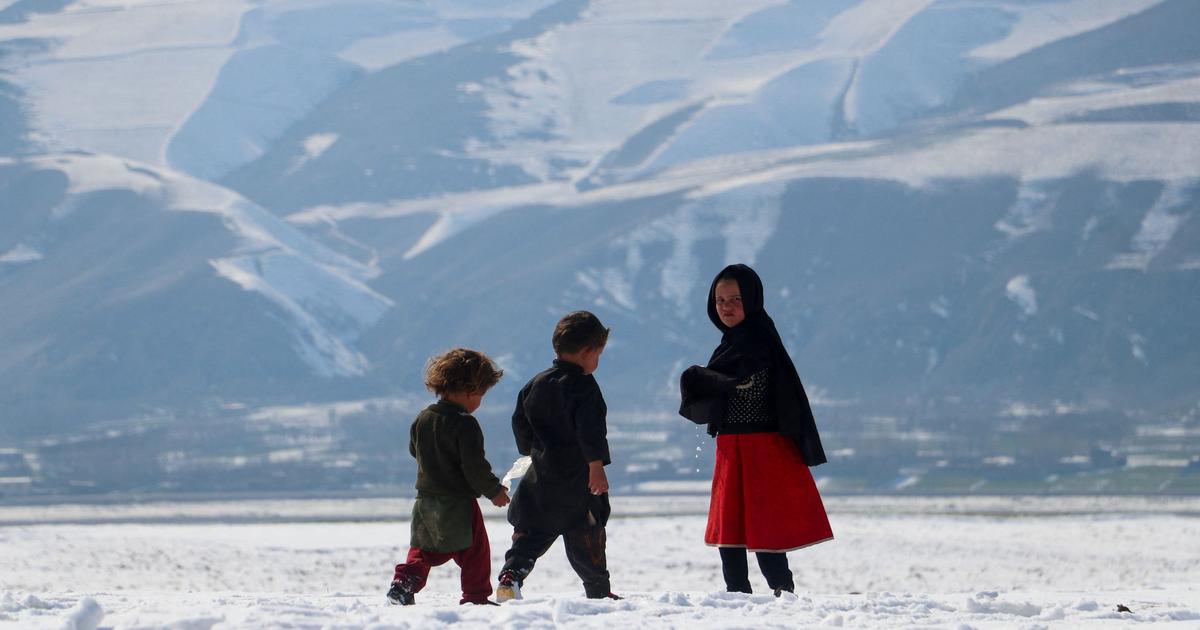
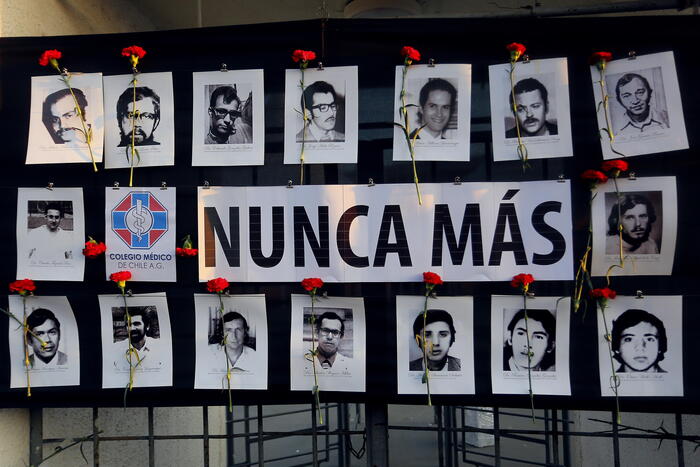
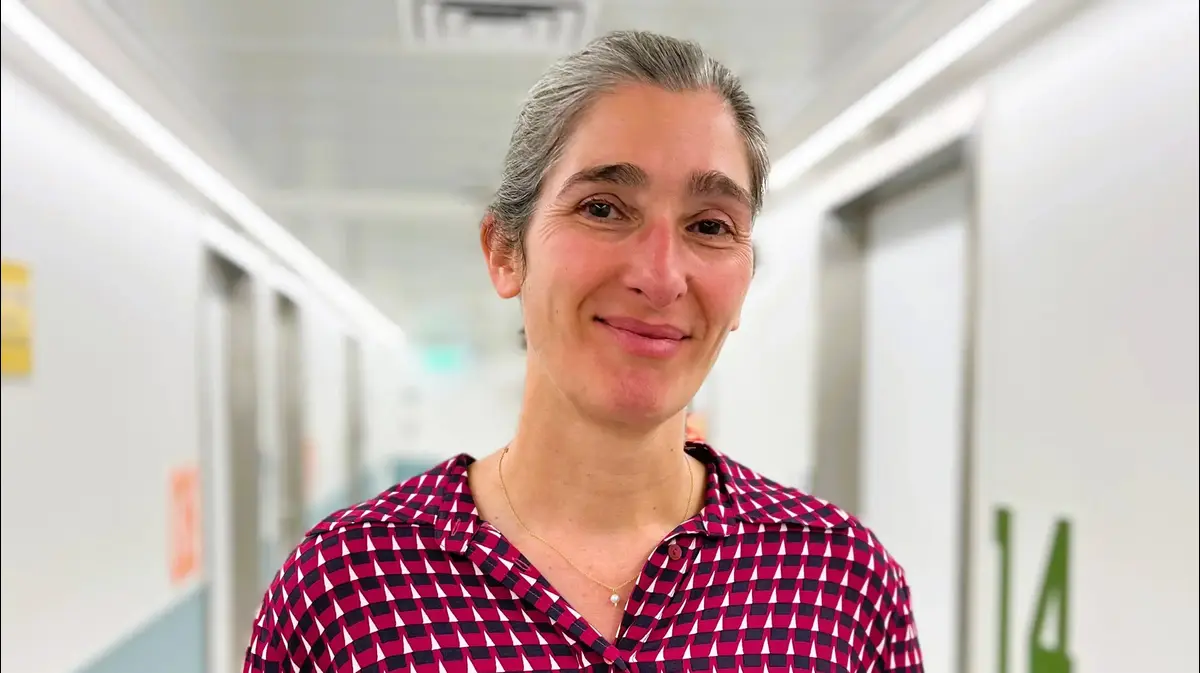
/cloudfront-eu-central-1.images.arcpublishing.com/prisa/56XAYHM37FH45ARX6TUXG63UWQ.jpg)
